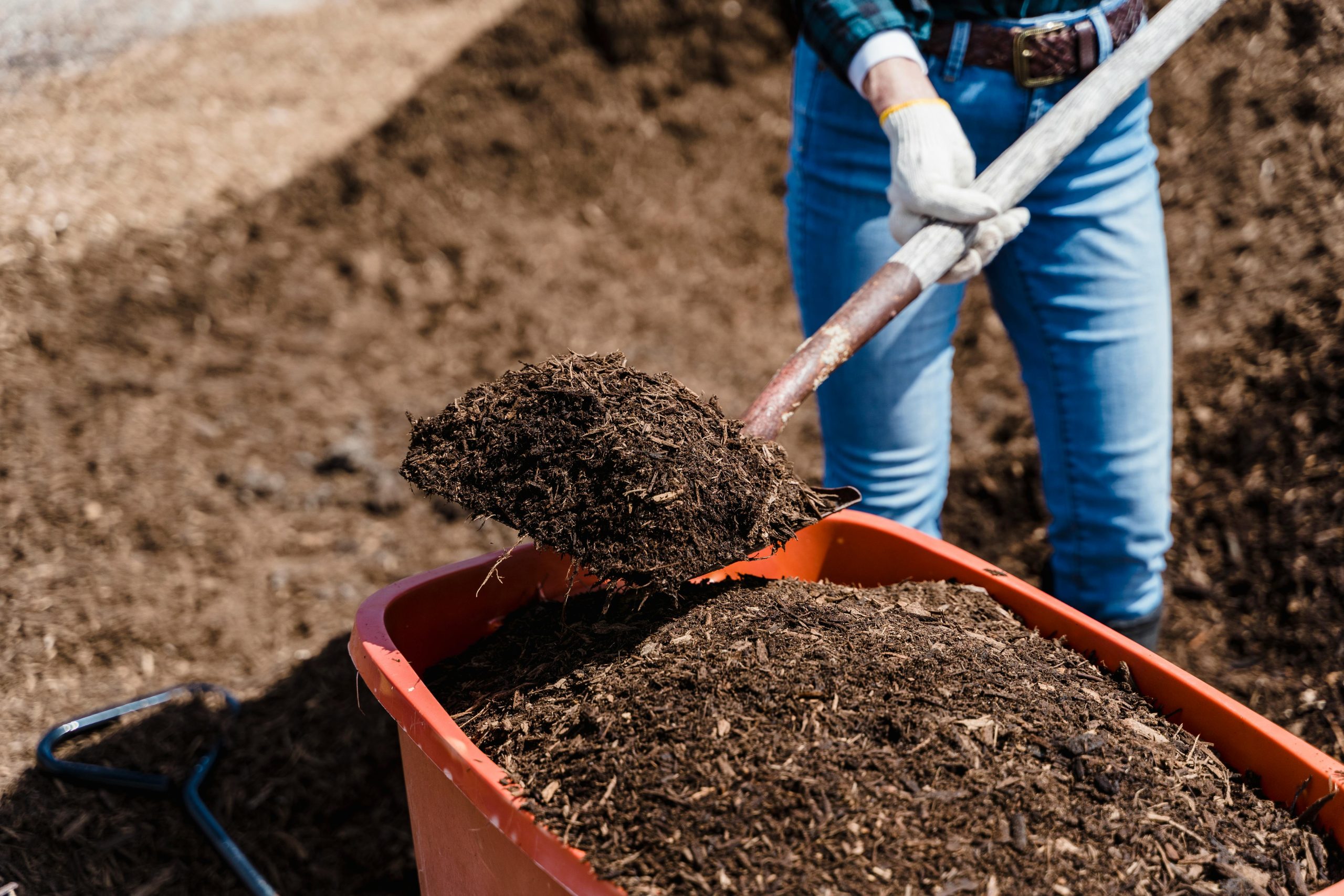Embrace Self-Sufficiency
In our quest to craft a reality that aligns with our values and aspirations, self-sufficiency stands as a cornerstone. One of the most impactful ways to embody this principle is through recycling. Not only does recycling reduce waste and conserve resources, but it also empowers us to take charge of our environmental footprint and foster a more sustainable world

The Self-Sufficient Recycler’s Mindset
Adopting a self-sufficient approach to recycling means more than just sorting your waste. It involves a holistic mindset that views recycling as a proactive way to manage resources, create less waste, and build a more sustainable lifestyle.Here’s how you can cultivate this mindset:
- Understanding Waste Streams: Begin by educating yourself about the different types of waste and how they can be recycled. From plastics to metals, paper, and organic materials, each type has its own recycling process and benefits.
- Setting Up a Home Recycling System: Establish a recycling system at home that makes it easy to separate and manage different materials. Use clearly labeled bins for paper, glass, plastics, and metals. Make sure to rinse containers and remove any
contaminants to ensure they are recyclable. - Repurposing and Upcycling: Extend your recycling efforts beyond the curbside bin. Repurpose items before they reach the recycling stage. For example, old jars can become storage containers, and worn-out clothes can be transformed into cleaning rags. Upcycling not only reduces waste but also adds a personal touch to your creative projects.

Benefits of a Self-Sufficient Recycling Approach
- Resource Conservation: Recycling conserves raw materials and reduces the need for new resources. This minimizes the environmental impact associated with extracting, processing, and transporting raw materials.
- Energy Efficiency: Recycling often requires less energy compared to producing new products from raw materials. For instance, recycling aluminum saves up to 95% of the energy needed to create new aluminum from ore.
- Economic Impact: Recycling supports local economies by creating jobs in sorting, processing, and selling recyclable materials. It also reduces the costs associated with waste disposal.
- Environmental Preservation: By reducing the amount of waste that ends up in landfills and incinerators, recycling helps to minimize pollution and conserve natural habitats.
Tips for Enhancing Your Recycling Efforts
- Stay Informed: Recycling guidelines can vary by location. Check with your local waste management facility to understand what can and cannot be recycled in your area.
- Educate Others: Share your knowledge and enthusiasm for recycling with friends and family. The more people who embrace recycling, the greater the collective impact.
- Get Creative: Explore creative ways to integrate recycling into your daily life. For example, use recycled materials in DIY projects or create art from discarded items.
Conclusion:
By embracing a self-sufficient approach to recycling, you contribute to a more sustainable reality where waste is minimized, resources are conserved, and the environment is preserved. Recycling is not just an individual action but a collective movement toward a better future. Start today, and see how your efforts can ripple out, creating a more mindful and eco-friendly world.




No comment yet, add your voice below!